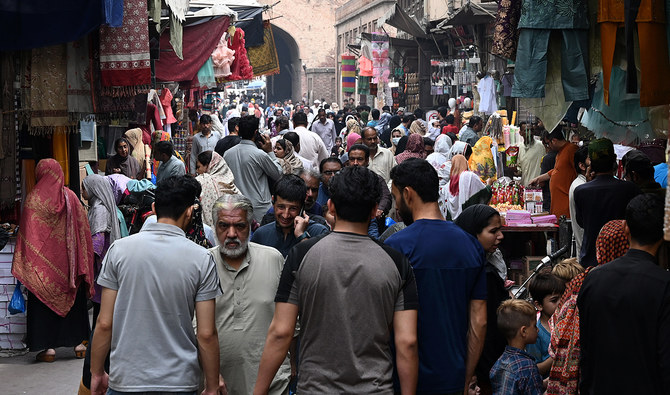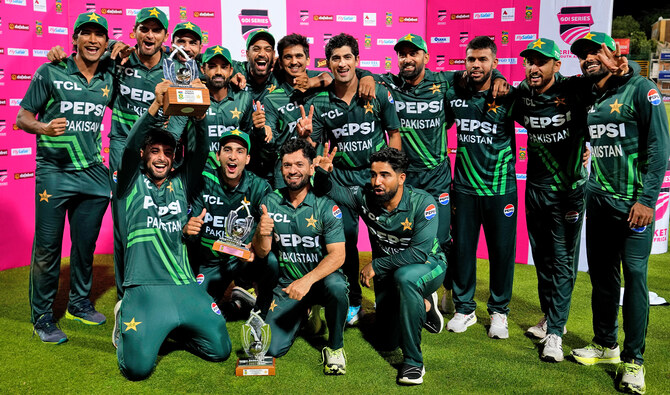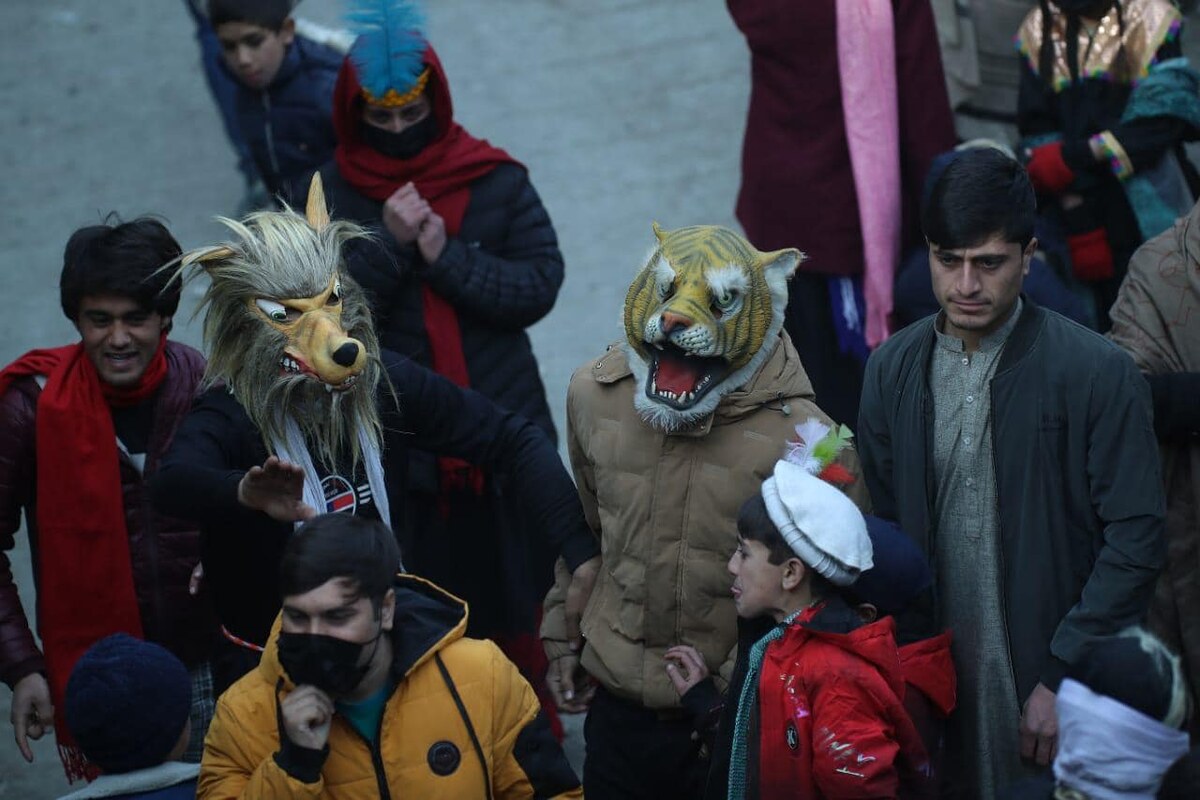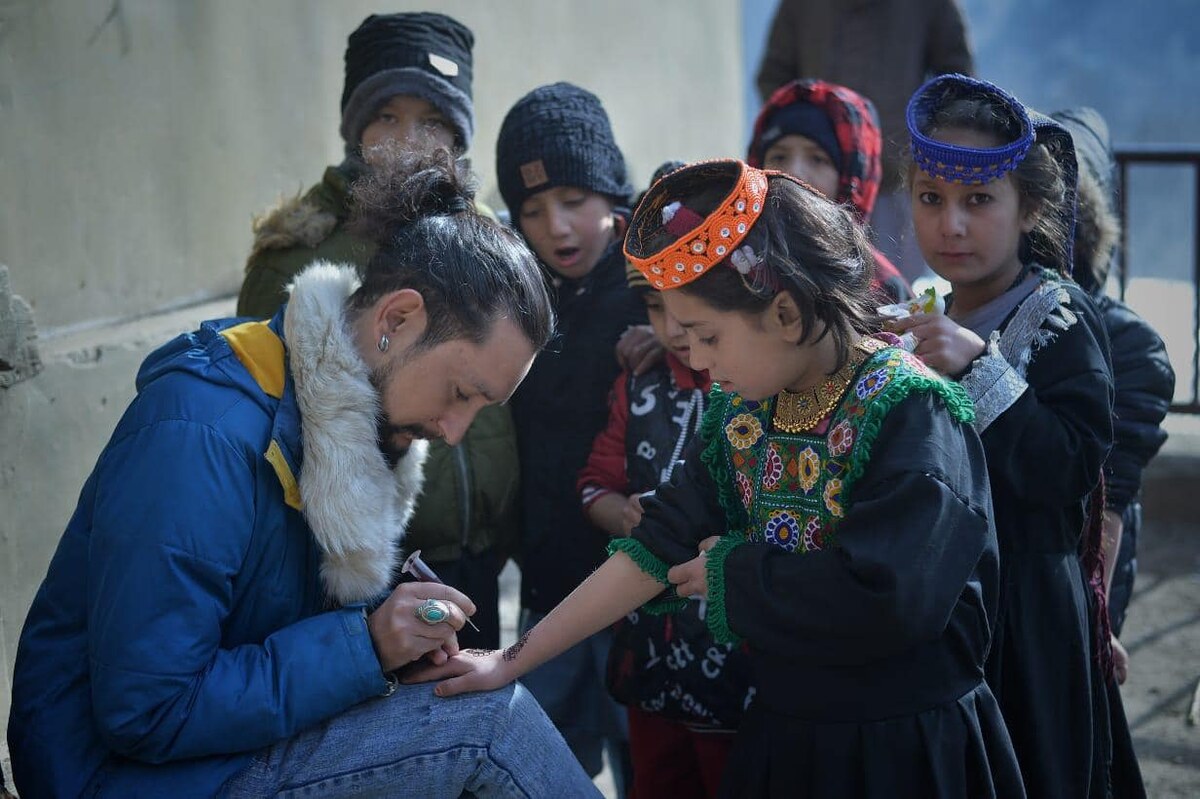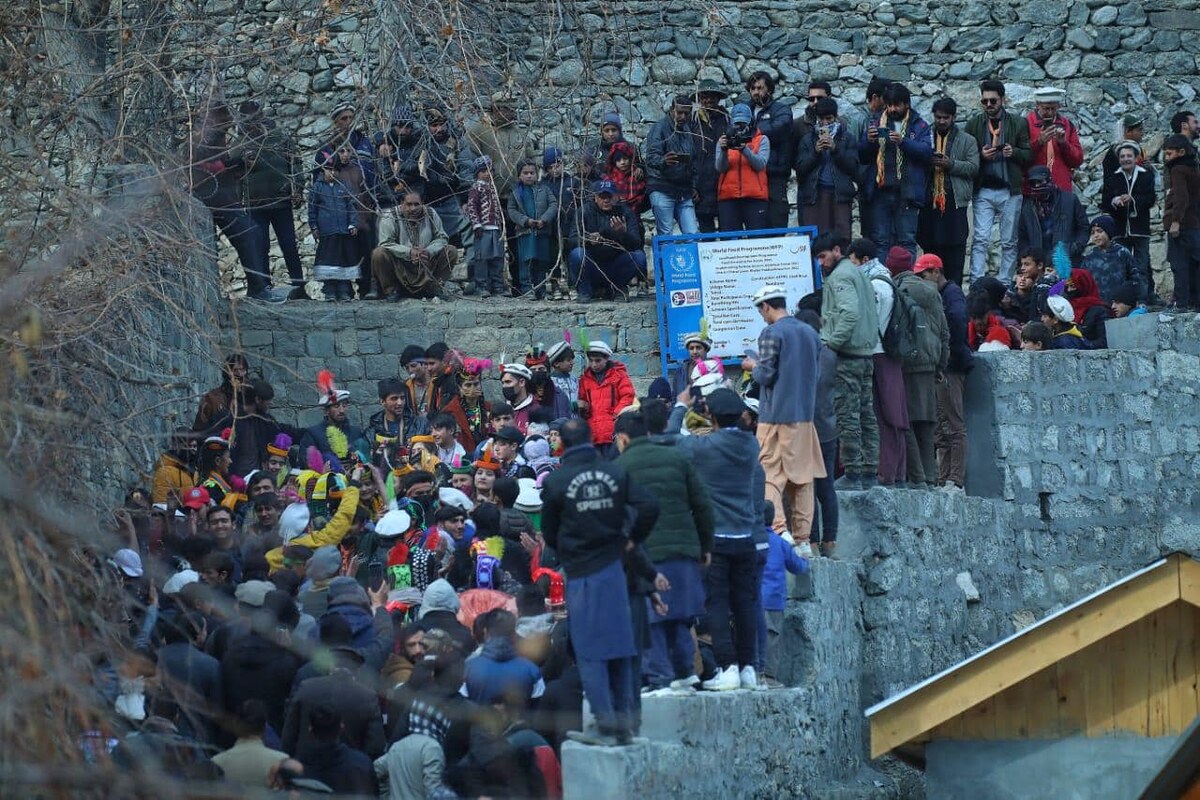ISLAMABAD: Pakistan’s election regulator announced on Tuesday that the number of voters in the country had increased by 22 million as compared to 2018, amid preparations for the upcoming general elections.
Elections in Pakistan were originally scheduled to be held by November after the outgoing government of prime minister Shehbaz Sharif dissolved the National Assembly on August 9.
However, the Election Commission of Pakistan (ECP) opted to delimit the electoral constituencies based on the results of a digital census conducted in April this year, delaying the polls to next year.
On Tuesday, the ECP revealed the updated “province-wise voter statistics from 2018 to 2023” as of July 25, 2023 and revealed that the number of voters had increased to 126.9 million from 105.95 million in 2018.
The overall number of male voters had risen from 59.22 million in 2018 to 68.50 million in 2023, according to the ECP. Likewise, the count of female voters had gone up from 46.73 million to 58.47 million.
The election regulator also unveiled age-wise voter statistics as of July 25, highlighting that a significant majority of voters, 59.10 million, fell between 18 years and 35 years.
Among these young voters, the majority 31.74 million individuals lived in the Punjab province. Sindh followed with 11.58 million voters, Khyber Pakhtunkhwa with 10.79 million, Balochistan with 2.53 million, and Islamabad Capital Territory with 0.46 million registered voters.
Earlier this month, Pakistan’s President Dr. Arif Alvi wrote to the chief election commissioner (CEC), suggesting that polls in the country should be held on November 6.
“WHEREAS in terms of Article 48(5) the general election to the National Assembly should be held by the eighty-ninth day of the date of dissolution of the National Assembly, i.e. Monday, 6th Day of November 2023,” Alvi wrote in his letter to CEC Sikandar Sultan Raja.
Alvi has maintained that as per Pakistan’s constitution, the president must fix a date for polls within 90 days of the dissolution of the National Assembly.
On August 23, the president had also invited the chief election commissioner to a meeting to fix a date for the impending elections, but Raja snubbed the offer and pointed out that after amendments to the Elections Act in June by the outgoing government, fixing a date for elections was the sole prerogative of the election regulator.
Previously, the constitution mandated the president to consult the election commission before determining a date for polls.


